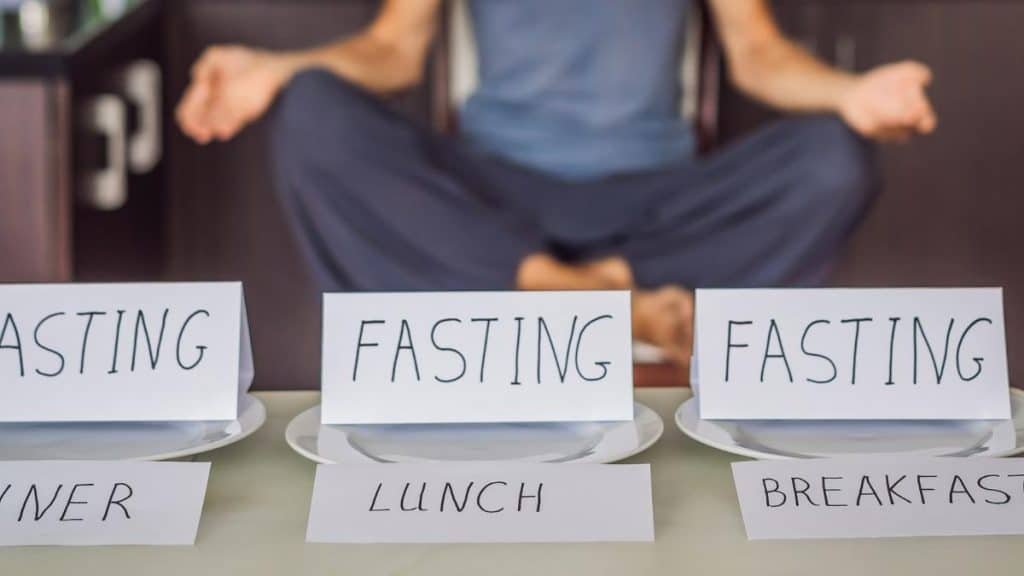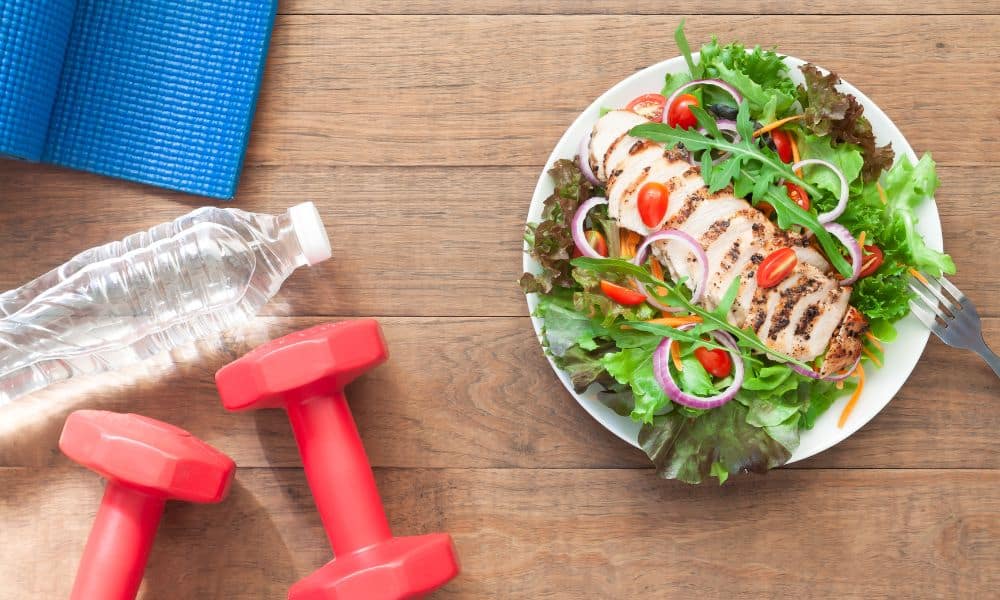Taking a Rest Day
Day 18 of my weight loss journey fell on a Sunday, which I designated as my rest day. Rest days are crucial for recovery, allowing the body to repair and strengthen after consistent workouts. I decided to undertake a fast to complement my rest day and enhance my progress.
The 46-Hour Fast
My fast began on Saturday at 10 am and concluded on Monday at 8 am, spanning 46 hours. During this period, I refrained from consuming food and focused on hydration by drinking water and tea. By the end of the fast, I had lost one pound, which translates to a 3500 calorie deficit. This weight loss can be attributed to my metabolism and Non-Exercise Activity Thermogenesis (NEAT) activities, such as daily movements and routine tasks.
Monitoring Health Indicators
One crucial aspect of weight loss is understanding how the body responds to dietary changes. During the fast, I ensured proper hydration, which was evident from my clear and full-stream urine. This indicates that the weight loss was not due to water loss but an actual calorie deficit. Observing bodily functions like urine color and volume, sleep quality, and energy levels provides valuable insights into overall health.
The Role of Sleep and Restroom Use in Weight Loss
Getting a good night’s sleep and regular restroom use are strong indicators of how the body adapts to a new diet. Here’s why these factors are essential:
- Sleep: Adequate sleep is vital for overall health, aiding muscle recovery, hormone regulation, and metabolic function. Poor sleep can increase hunger and cravings, making weight loss more challenging.
- Restroom Use: Regular and healthy restroom habits indicate proper digestion and hydration. Clear urine suggests sufficient water intake, while the color and volume of feces can reflect fiber and nutrient consumption.
The Benefits and Disadvantages of Fasting
Benefits of Fasting:
- Weight Loss: Fasting can create a significant calorie deficit, aiding in weight loss.
- Metabolic Health: It can improve insulin sensitivity and promote fat loss.
- Autophagy: Fasting triggers autophagy, the body’s way of cleaning out damaged cells and regenerating new ones.
- Mental Clarity: Many people experience enhanced focus and mental clarity during fasting.
Disadvantages of Fasting:
- Hunger and Cravings: Fasting can lead to intense hunger and cravings, making it challenging to adhere to.
- Nutrient Deficiency: Extended fasting may result in nutrient deficiencies if not appropriately managed.
- Energy Levels: Some individuals may experience low energy or fatigue, impacting daily activities and workouts.
The Impact of Sodium and Fiber
Sodium:
- Benefits: Sodium is essential for fluid balance, nerve function, and muscle contractions.
- Disadvantages: Excessive sodium intake can lead to water retention and increased blood pressure. Managing sodium levels is crucial for overall health and weight management.
Fiber:
- Benefits: Fiber aids digestion, promotes satiety, and helps regulate blood sugar levels. It supports regular bowel movements and overall gut health.
- Disadvantages: A sudden increase in fiber intake can cause bloating and gas. It’s important to increase fiber gradually and drink plenty of water.
Practical Tips for Weight Loss and Muscle Building
- Stay Hydrated: Drinking adequate water supports metabolism and helps manage hunger. Hydration is vital for muscle function and recovery.
- Monitor Restroom Habits: Pay attention to the color and volume of urine and feces. Clear urine indicates proper hydration, while regular bowel movements suggest sufficient fiber intake.
- Prioritize Sleep: Aim for 7-9 hours of quality sleep per night. Good sleep supports weight loss, muscle recovery, and overall health.
- Balanced Diet: Incorporate various nutrient-dense foods, including lean proteins, healthy fats, and fiber-rich vegetables and fruits. This ensures you get essential nutrients while managing calorie intake.
Conclusion
Day 18 was a rest day, and my 46-hour fast was a strategic approach to maintaining progress. Focusing on hydration, sleep, and monitoring health indicators, I continue learning how my body responds to different strategies. Understanding the benefits and disadvantages of fasting, sodium, and fiber helps me make informed decisions on my weight loss and muscle-building journey. Each step brings new insights and brings me closer to achieving my goals.




